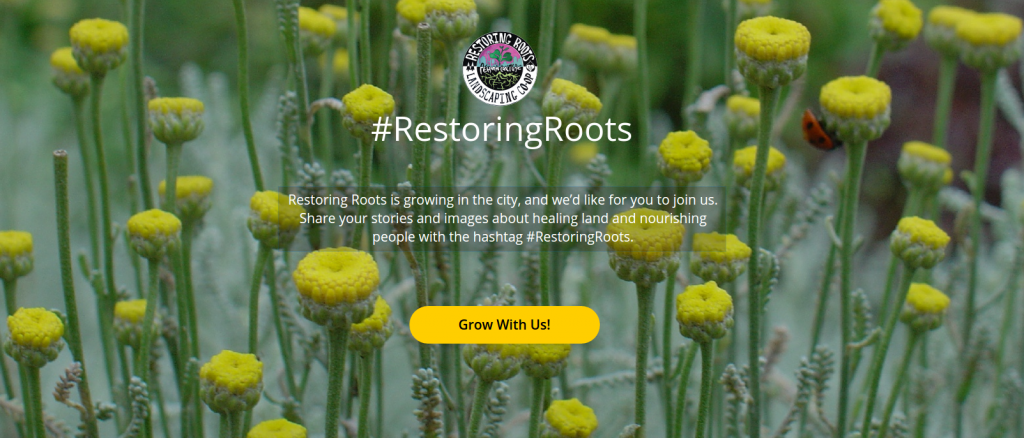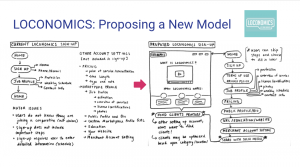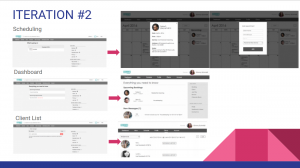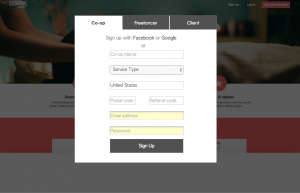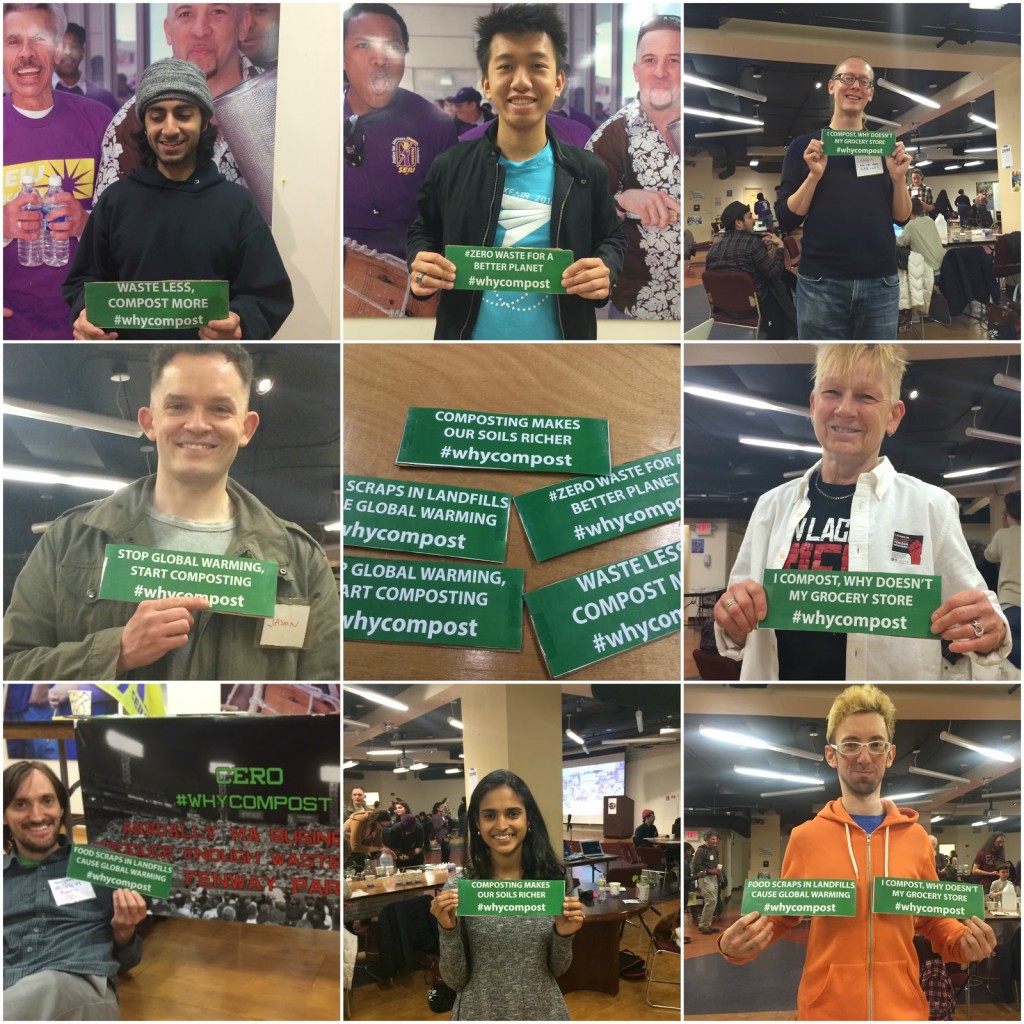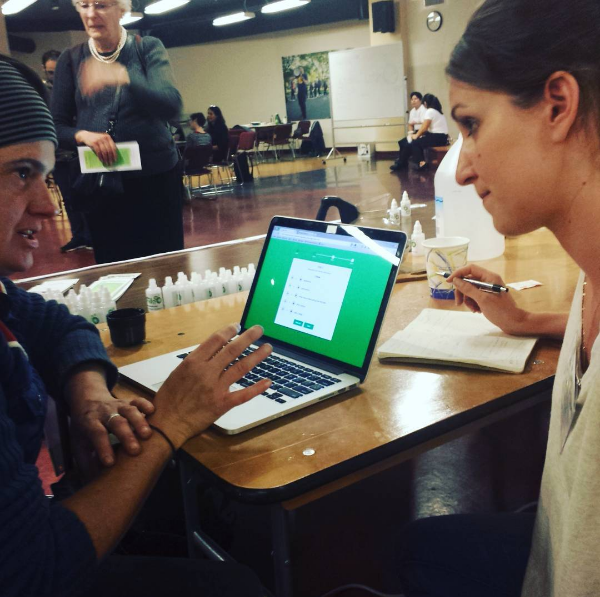(Note: This was written pre-meeting with the community partner(s). Will be updated with more accurate information later.)
We will be developing a spring hackathon in conjunction with a number of local activist networks in honor of the 50th anniversary of the Boston anti-highway protest of 1969, which successfully prevented the construction of a massive highway system that would have (and, to some degree, still did) destroy and uproot numerous Boston neighborhoods. In organizing this hackathon, we hope to connect many of the Boston-area organizations preserving activist history while honoring and celebrating the history of activism in the city.
This will encapsulate a number of events, including but not limited to public displays, intergenerational engagement, street-level interventions, and public engagement with archival materials. Footage from the 1969 protests will be lifted from several archives/special collections also involved in hackathon creation. (Many of the organizations will be drawing from this material.)
In developing this hackathon, we will be working directly alongside the community and making their needs the topmost priority. As each organization involved has different contributions to to make to the upcoming event, we imagine that the ultimate decisions will be community-led and controlled.
As we will be working with several organizations, ranging from oral history groups to archival film sources, each with their unique goals and desires, there will undoubtedly be moments where people may disagree over design decisions. In such a case, it will be necessary to facilitate discussion between these organizations and create compromise.
